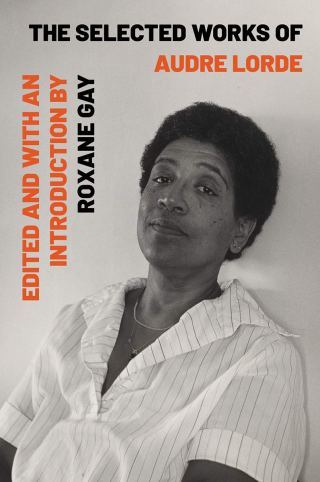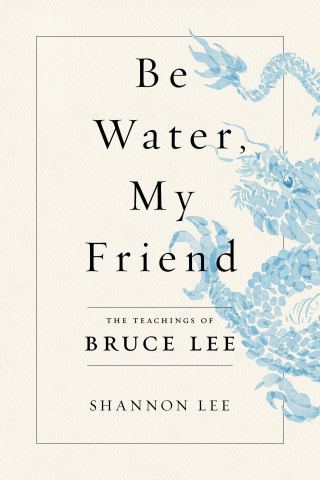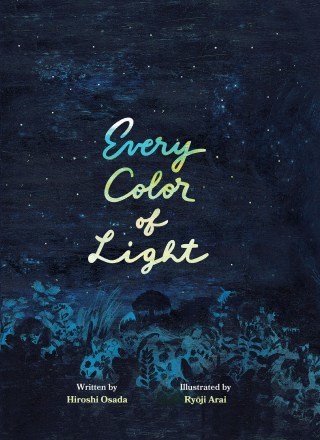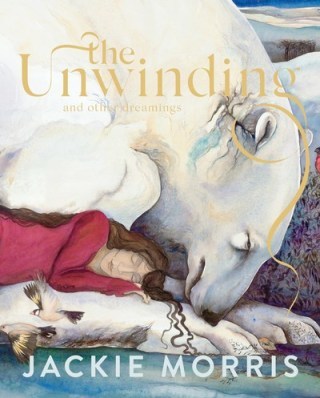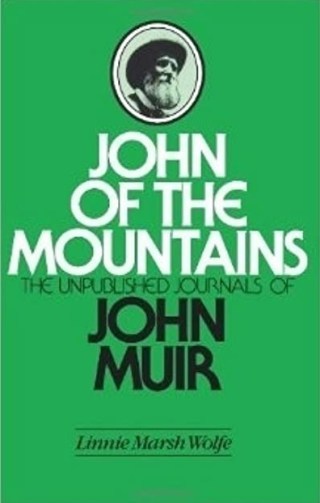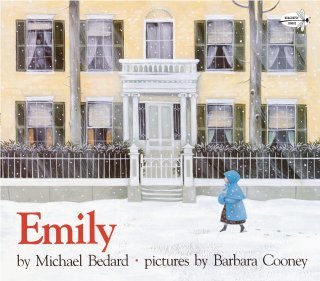Maria Popova's Blog, page 99
October 20, 2020
Tenacity, the Art of Integration, and the Key to a Flexible Mind: Wisdom from the Life of Mary Somerville, for Whom the Word “Scientist” Was Coined
This essay is adapted from my book Figuring
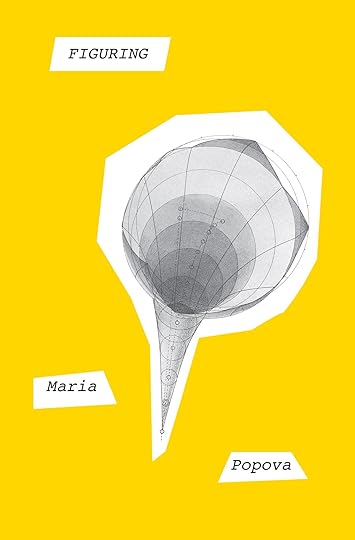 A middle-aged Scottish mathematician rises ahead of the sun to spend a couple of hours with Newton before the day punctuates her thinking with the constant interruptions of mothering four children and managing a bustling household. “A man can always command his time under the plea of business,” Mary Somerville (December...
A middle-aged Scottish mathematician rises ahead of the sun to spend a couple of hours with Newton before the day punctuates her thinking with the constant interruptions of mothering four children and managing a bustling household. “A man can always command his time under the plea of business,” Mary Somerville (December...
October 18, 2020
Audre Lorde on Poetry as an Instrument of Change and the Courage to Feel as an Antidote to Fear, a Portal to Power and Possibility, and a Fulcrum of Action
This is the precarious balance of a thriving society: exposing the fissures and fractures of democracy, but then, rather than letting them gape into abysses of cynicism, sealing them with the magma of lu...
Poetry Is Not a Luxury: Audre Lorde on the Courage to Feel as an Antidote to Fear and a Fulcrum of Action, Power, and Possibility
This is the precarious balance of a thriving society: exposing the fissures and fractures of democracy, but then, rather than letting them gape into abysses of cynicism, sealing them with the magma of lu...
October 16, 2020
Bruce Lee on Death and What It Takes to Be an Artist of Life
“Do you need a prod? / Do you need a little darkness to get you going?” Mary Oliver asked in her stunning love poem to life, composed in the wake of a terrifying diagnosis. “Let me be as urgent as a knife, then, / and remind you of Keats, / so single of purpose and...
October 13, 2020
Every Color of Light: A Stunning Japanese Illustrated Celebration of Change, the Sky, and the Fullness of Life
One of the most bewildering things about life is how ever-shifting the inner weather systems are, yet how wholly each storm consumes us when it comes, how completely suffering not only darkens the inner firmament but dims the prospective imagination itself, so that we cease being able to imagine the return of the light. But the light does return to lift the darkness and restore the world’s color — as in ...
October 11, 2020
Nobel Laureate Louise Glück’s Love Poem to Life at the Horizon of Death
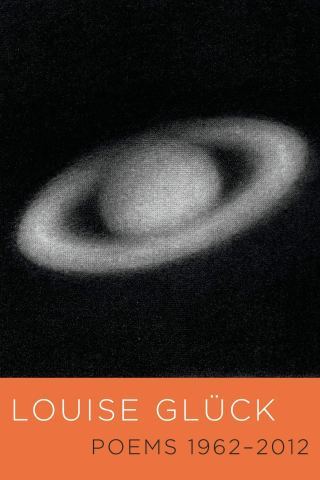
A generation after Walt Whitman declared himself “the poet of the body and the poet of the soul,” animated by an electric awareness of how interleaved the two are — how the body is the locus of “the real I myself” — the pioneering psychologist and philosopher William James revolutionized our understanding of life with his theory of how our bodies affect our feelings. In the century-some since, scientists hav...
Nobel Laureate Louise Glück’s Love Poem to the Love of Life at the Horizon of Death

A generation after Walt Whitman declared himself “the poet of the body and the poet of the soul,” animated by an electric awareness of how interleaved the two are — how the body is the locus of “the real I myself” — the pioneering psychologist and philosopher William James revolutionized our understanding of life with his theory of how our bodies affect our feelings. In the century-some since, scientists hav...
October 7, 2020
The Unwinding: An Uncommonly Enchanting Painted Poem Celebrating the Wilderness of the Imagination and Our Capacity for Love, Trust, and Hope
“Some dreams aren’t dreams at all, just another angle of physical reality,” Patti Smith wrote in Year of the Monkey — her exquisite dreamlike book-length prose poem about mending the broken realities of life, a meditation drawn from dreams that are “much more than dreams, as if originating from the dawn of mind.”
As I leaf enchanted through The Unwinding (public library) by the Englis...
October 6, 2020
John Muir on the Calm Assurance of Autumn as a Time of Renewal and Nature as a Tonic for Mental and Physical Health
In the final year of his twenties, penniless and hungry for meaning, John Muir (April 21, 1838–December 24, 1914) left the Wisconsin frontier, where his family had emigrated from Scotland two decades earlier in search of a better life, to wander across the wilderness of his new homeland. He began recording ...
October 5, 2020
Emily Dickinson’s Revolutionary and Reclusive Life, in a Lyrical Picture-Book from the Lacuna Between Fact and Myth
“I love so to be a child,” Emily Dickinson (December 10, 1830–May 15, 1886) wrote to her brother when she was twenty-two. “I wish we were always children, how to grow up I don’t know.” She would go on to draw on that inner child in her profoundest and most prescient meditations on reality, proffered in small and staggering poems, poems that bent language into new forms of meaning, bent tradition into new forms of truth, bent the reality o...

